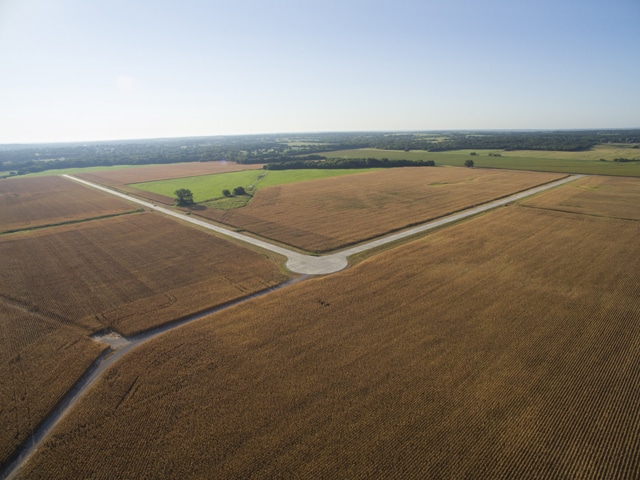
In July 2014, U.S. Secretary of the Interior Sally Jewell and Assistant Secretary of Indian Affairs Kevin Washburn announced that the Obama Administration would dedicate almost $10 million to help Native American tribal governments prepare and adapt to climate change.
“Impacts of climate change are increasingly evident for American Indian and Alaska Native communities and, in some cases, threaten the ability of tribal nations to carry on their cultural traditions and beliefs,” said Assistant Secretary Washburn of the initiative. “We have heard directly from Tribes about climate change and how it dramatically affects their communities, many of which face extreme poverty as well as economic development and infrastructure challenges. These impacts test their ability to protect and preserve their land and water for future generations. We are committed to providing the means and measures to help tribes in their efforts to protect and mitigate the effects of climate change on their land and natural resources.”
Using federal grant funds like these, several CPN departments are preparing strategies to mitigate the impact of climate change and habitat destruction in the Citizen Potawatomi jurisdiction. The CPN Realty Department is utilizing BIA funding opportunities to combat the proliferation of two invasive wildlife species, eastern red cedar and feral hogs, on Tribal trust land.
Through the CPN Department of Environmental Protection, the Tribe is implementing two other grant programs. The first, a grant worth $5,000, is a partnership grant with the University of Oklahoma Regional and City Planning Program. Funds will be used to identify vulnerabilities and potential impacts of climate change on Tribal resources. A second, larger grant worth more than $73,000 will fund the development of a climate change adaptation plan, which will focus on how the Tribe can adapt to vulnerabilities identified in the assessment.
“The primary concentration of the climate change planning initiative will be water related, looking at how potential flooding and drought events may affect CPN in the future as a result of climate change. We will bring together key players from across CPN to discuss how climate change can affect them and CPN as a whole,” said Tara Hammer, the Tribal Energy and Sustainability Specialist.
The project will host training programs and workshops for Tribal employees and leaders about the hazards facing CPN when it comes to climate change. From this input, CPN will develop a Tribal government climate adaptation plan containing vulnerability assessments, studies, data analysis, and suggestions to mitigate the negative impact on the environment.
